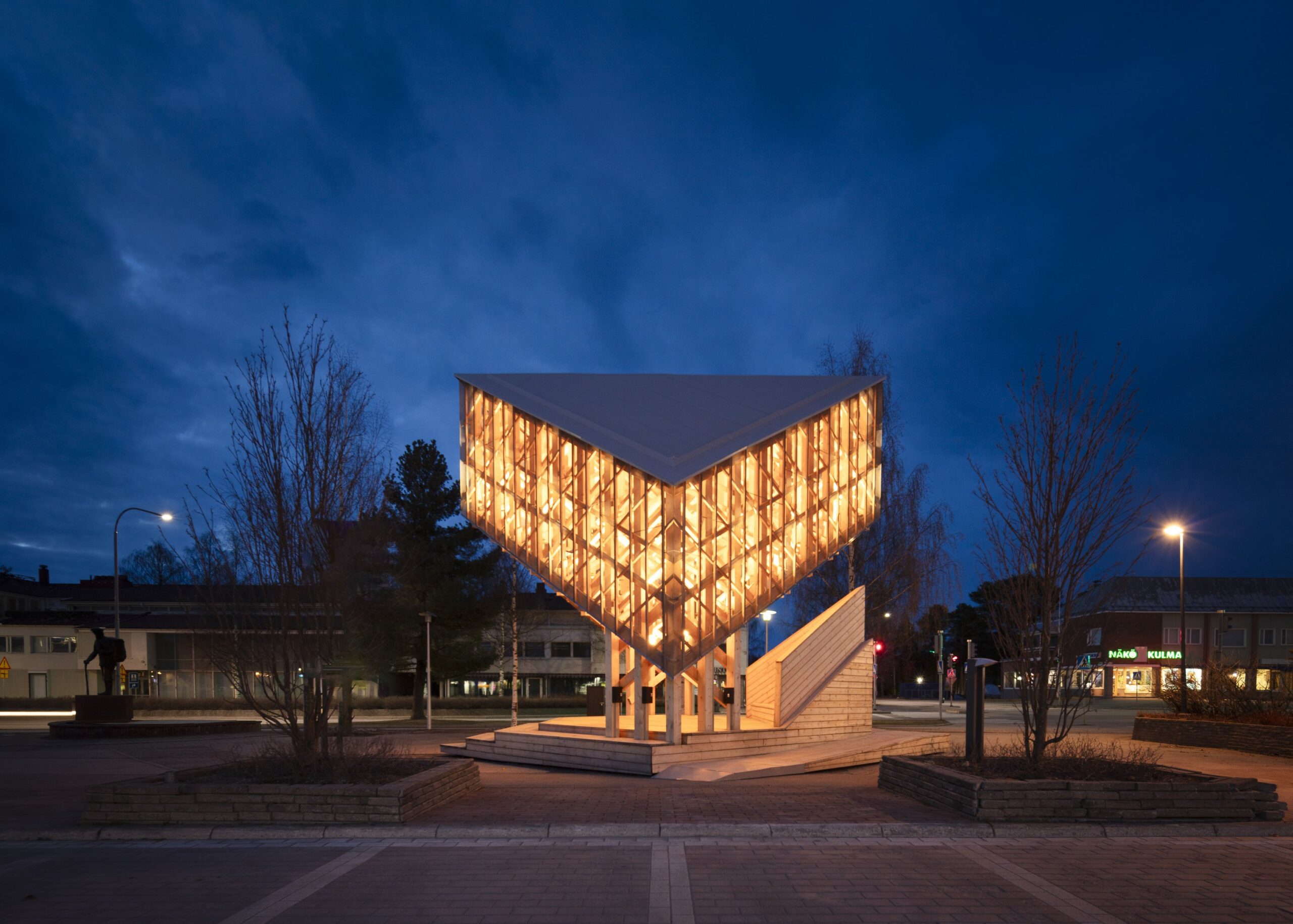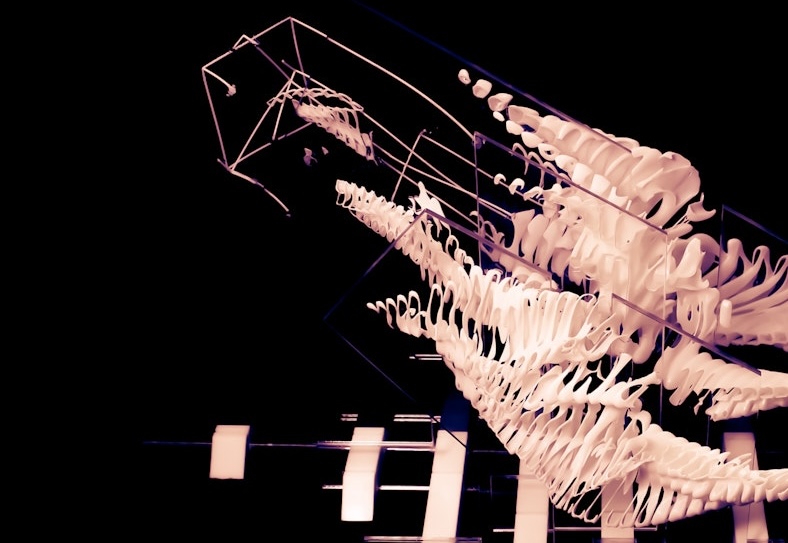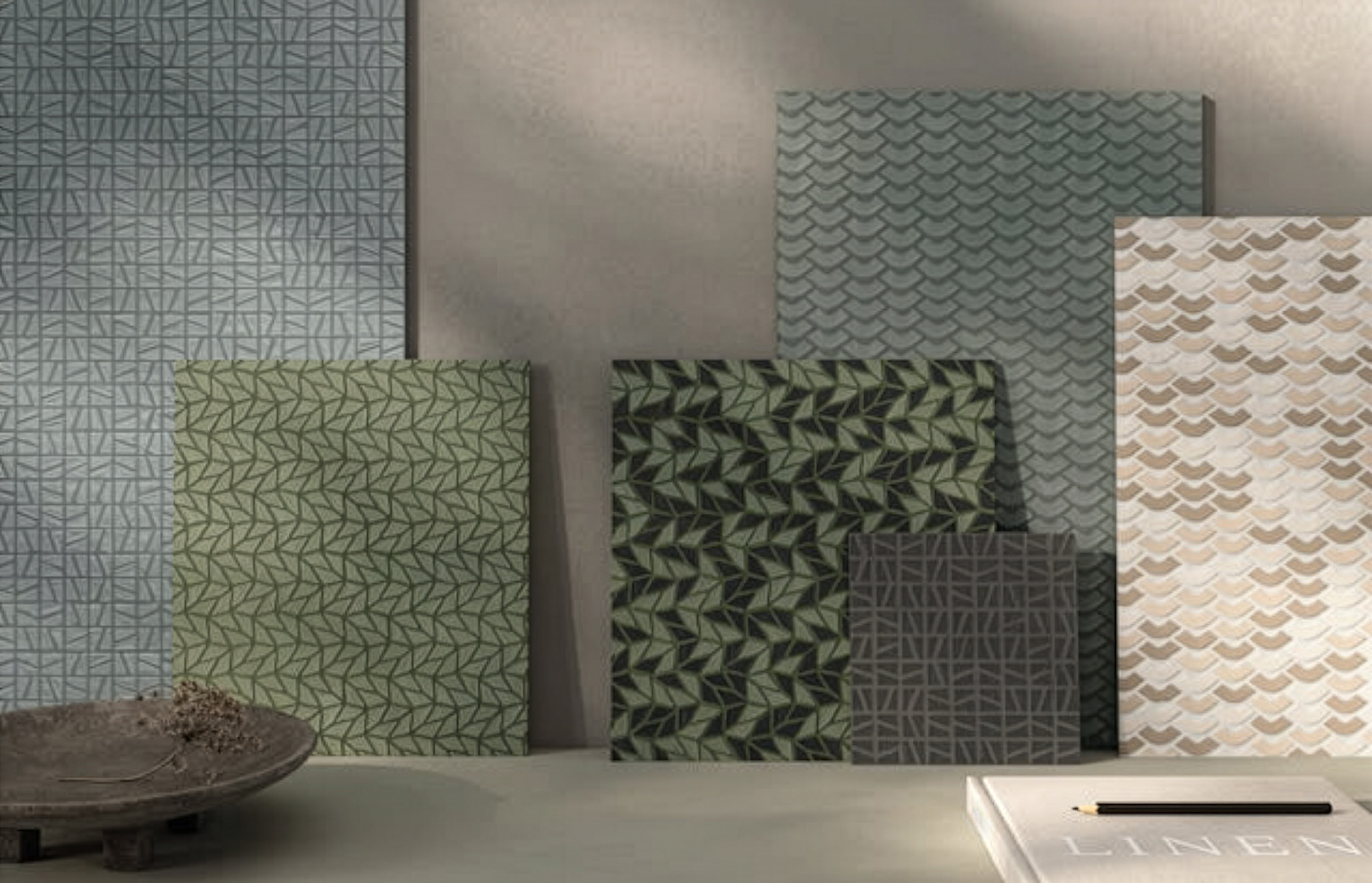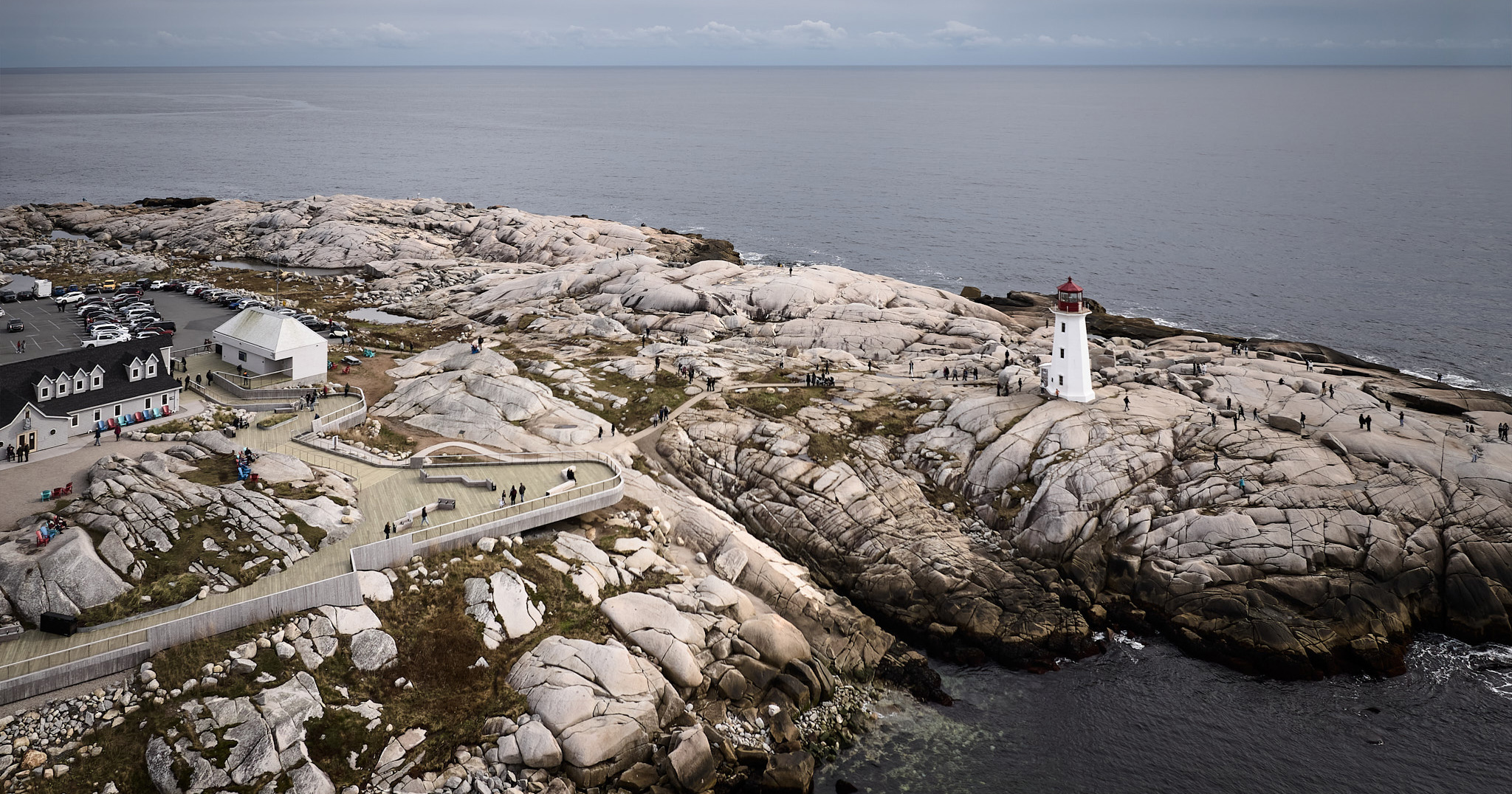Rikako Nagashima creates wool calendars to illustrate the urgency of the climate crisis


Graphic designer Rikako Nagashima has created a series of rolled calendars for Danish textile brand Kvadrat that have been shortlisted in the graphic design project category of Dezeen Awards 2025.
Titled Irreversible Scale, the project was presented as part of Kvadrat's ReThink textile project on sustainability, designed to illustrate the brand's commitment to carbon neutrality by 2040.

The design consists of two wooden frames, with the left displaying a stack of rolled wool calendars for each year until 2040 and the right a holder for them.
Each year, a roll is moved and suspended in the right frame. The calendars accumulate slowly, as the goals of Kvadrat's Net Zero roadmap gradually appear on the wooden surface behind them in the left frame.

As each phase is completed, the colour of the calendars changes from warm to cool tones to indicate progress in taking action toward the climate crisis.
"As the rolls gradually diminish year by year, their visual reduction serves as a metaphor for the depletion of time and resources, expressing the message of irreversibility in relation to time, resources and environmental issues," Nagashima told Dezeen.
"This diminishing calendar was created to convey the sense that time and resources are finite and irreversible."

The calendars are not divided by labels of days, weeks and months, but instead just have numbered days to emphasise the equal opportunities that exist for each day.
"By removing conventional divisions such as 'weeks,' 'dates' and 'holidays,' and placing all elements on an equal plane, it emphasises the equality and fluidity of time," said Nagashima.
"It invites us to question whether we feel that each day is abundant or scarce," she added. "This calendar serves as a personal scale of awareness – a tool that reflects one's mindset and prompts reflection on how one relates to time and action."
The project's commitment to sustainability and ethics is also reflected in its choice to use wool, for both its sustainable and ethical qualities.
As a natural, renewable material, Kvadrat ensures its wool is locally sourced to reduce emissions.
Additionally, the studio only uses wool that avoids mulesing – a process that involves skin removal of the animal – in its production.

Kvadrat maintains its goal of developing a circular system across its products to extend lifespan and targets NetZero across all its emissions by 2040.
“Through this work, I hope people will feel how limited our time and resources truly are," Nagashima said.
"Ultimately, I hope that we – designers, architects and all creators connected with Kvadrat – can integrate environmental awareness naturally into our everyday practice."

Other projects on Dezeen that feature sustainable use of wool include a wool-based biomaterial to replace wiring and circuit boards and fashion garments made from discarded wool.
The post Rikako Nagashima creates wool calendars to illustrate the urgency of the climate crisis appeared first on Dezeen.



















































